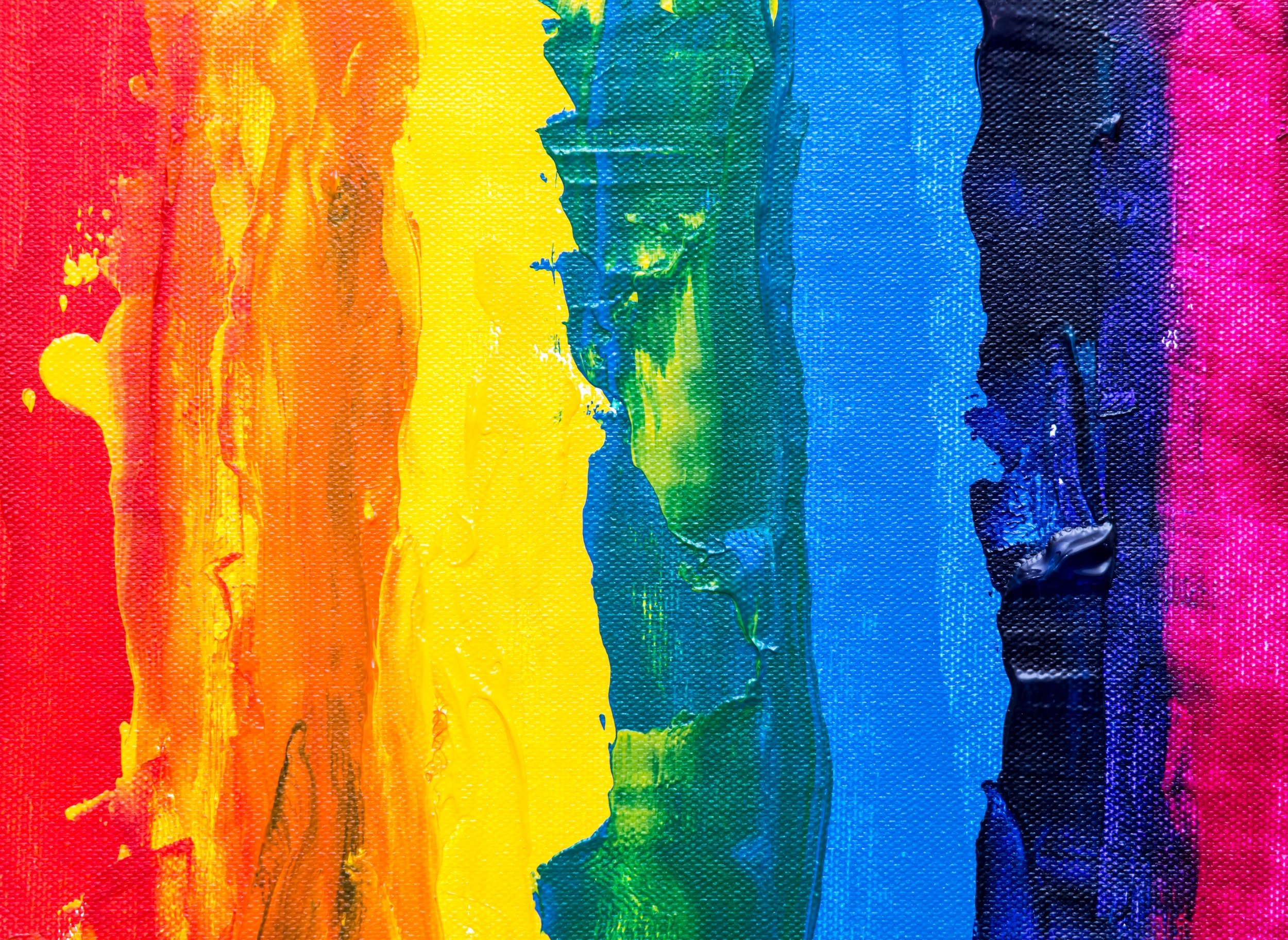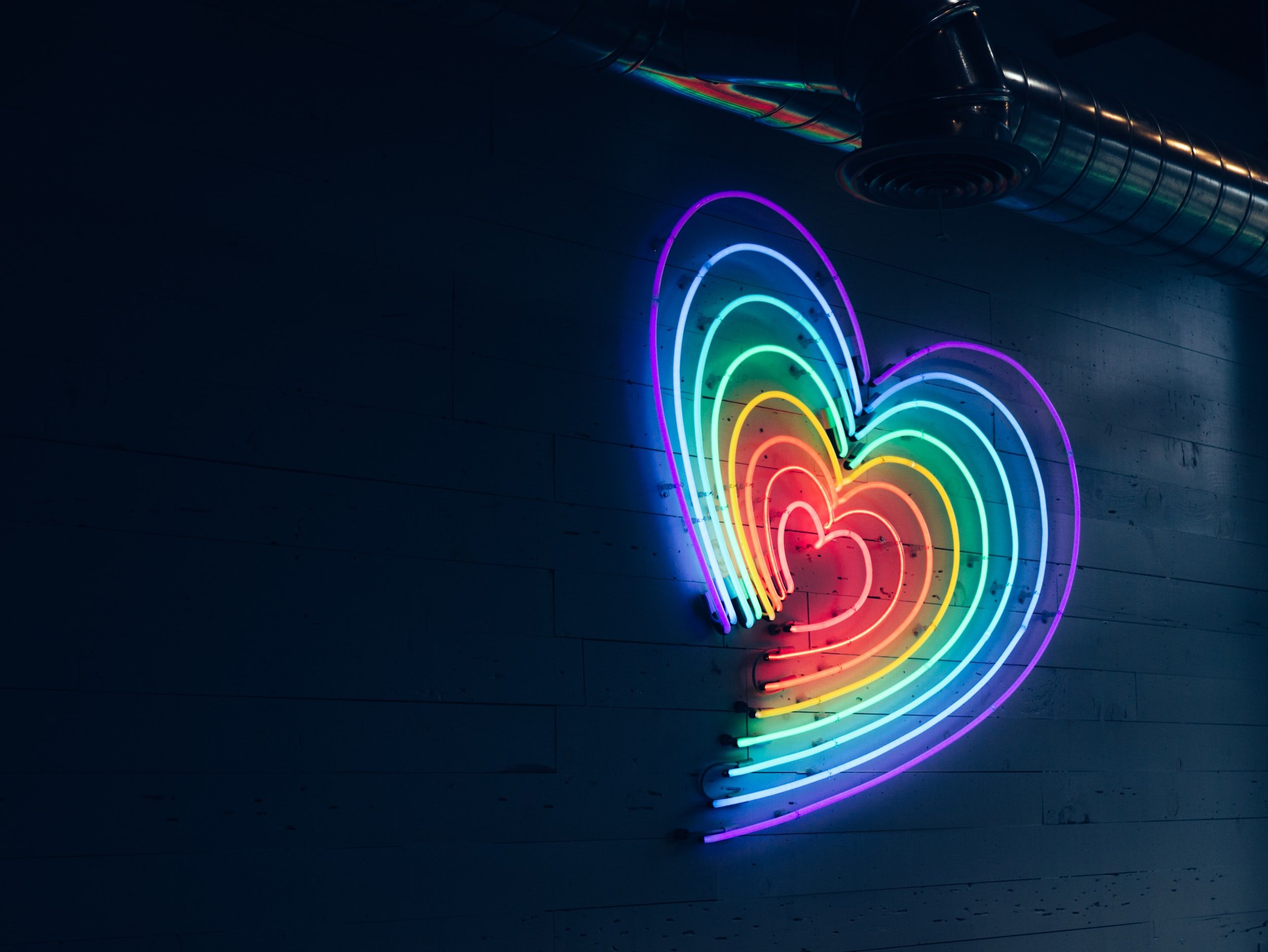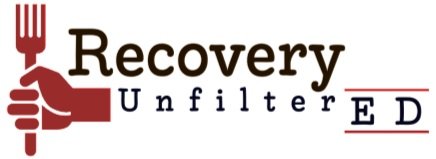
LGBTQ Therapy Services
Serving all of Nevada, Arizona and Florida Virtually.
Owning our story, and loving ourselves through that process is the bravest thing we’ll ever do.
-Brene Brown
LGBTQ+
Being in the LGBT+ community often feels like being on the outside. It’s kind of like being an astronaut in space: everyone else on the ground can only see what’s right in front of them, but you can see that the world is round. You’re enlightened to the fact that there isn’t just one way to look or be. To be queer is to be without limits.
But because you’re seemingly on the “outside,” you’re scrutinized in ways that cisgender, heterosexual people are not. With cishet relationships, there’s a pretty clear expectation for how things should be. A woman “should” be delicate, pretty, subservient, loyal, and agreeable. A man “should” be strong, loud, commanding, territorial, and proud. Women like men, and men like women. And if you’re something outside of exactly that, well, tough luck.
No wonder, then, that queer folks face greater scrutiny when it comes to their appearance. If not in your own life, you see it every time a queer public figure presents their body in ways that exist outside of the norm—their bodies are automatically more heavily critiqued. Homophobia and transphobia can really rain on your parade. Not to mention, much of the queer and trans representation in the media only looks like one thing: usually skinny, usually white.
In turn, all of this makes you fixate on your own body more than you would if you could just live loud and proud in peace. And when you fixate on your body, there’s a higher risk for body shame, disordered eating and mental health issues.
LGBTQ Mental Health
Let’s talk about mental health and body image in LGBTQ+ youth. The Trevor Project is currently doing some fantastic research. They report 45% of LGBTQ+ youth have seriously considered attempting suicide in the last year, while 14% of them actually made an attempt. Heres an alarming statistic; less than 1/3 of LGBTQ youth found their own home to be gender-affirming. Their OWN HOME. It’s tough enough being in a marginalized group, but then having your own home be a place of discrimination. Stats like this make it easy to see why someone might turn to crappy coping mechanisms to try to fit in, or just to feel a sense of relief from all the not-good-enoughness.
Ultimately, being a part of a marginalized group, leads to stigma, prejudice and discrimination (By those inside the community or outside of the community) and can make you more susceptible to all sorts of mental illness; anxiety, depression, and eating disorders are just a few.
Queerness and Body Image
Gender identity, sexual orientation and body image concerns go hand in hand. Current statistics cite the LGBTQ+ community is at 3x times the risk for mental health issues, eating disorders being a big one. It makes sense why LGBTQ+ folks are more susceptible. Society tries to fit all of us in a heteronormative body image box. Anyone who’s outside of that box feels extra pressure to conform. The LGBTQ+ community lies outside the societal expectation for heteronormative body image, hence making it’s members more likely to feel a need to change their body shape or weight in an attempt to appear more attractive or even just “acceptable”.
Let’s be honest, even the LGBTQ+ community pushes it’s own set of body image expectations. Open an app like Grindr and you’ll quickly be bombarded by a host of body-shaming remarks; “No fats, no femmes.” “Gym-fit only.” “I work out and you should too.” Talk about triggering. And let’s not forget the line “You can be straight thin, but gay fat”. Somehow the community that seeks openness, inclusivity and freedom from judgment is not always free from body-shaming, belittling and bullying.
Like any human that struggles with body image dissatisfaction, the reasons LGBTQ+ people suffer from body image concerns are varied and complex. Feeling dissatisfied with your body doesn’t always lead to an eating disorder (and we hope that is the case for you!). But if you are feeling overwhelmed by constant worry, depression or thoughts about food, weight, body shape or body image, there’s a good chance we can help. At Recovery Unfiltered we strive to create an environment of understanding and acceptance in which gay, bisexual, queer, non-binary, and transgender people can feel comfortable discussing their thoughts, feelings, and experiences.
Body Image and Gender
When you consume a lot of pop culture and social media, it’s easy to think that aesthetics play hugely into what it means to be queer. You could convince yourself there is some truth to the assumption that queerness is all about your body. I mean, what does a queer person look like? Society sort of expects you to fit the “queer mold”, right? There are even specific cultures within the LGBTQ+ community surrounding appearance: there are lipstick lesbians and chapstick lesbians, bears and twinks. While these labels can be fun and empowering, they still put body image in the spotlight… kind of the opposite of what you are seeking as a person that would really love for society to just accept you for your you-ness? It’s all so confusing, isn’t it?
Then there are the less-fun appearance-based struggles that are uniquely faced by people in the LGBT community. Whether you’re gay, lesbian, or bi, there’s a fair chance you often think about femininity and masculinity. What if you’re femme, but not… all the way femme? What if you’re a woman who’s more masculine, more of a butch? How does all of that fit into the world you see around you?
Sometimes, it doesn’t. And that can be such a trigger for body shame and disordered eating. But it can also be liberating. Once you accept that you’ll never be what you’re “supposed” to be (whatever the heck that means) you may realize that you can be so much more.

“We deserve to expereince love fully, equally, without shame, and without comprimise.”
— Elliot Page
The Many Flavors of Body Drama
LGBTQ+ is a blanket term for sure, but every letter of this seemingly infinite acronym represents an experience vastly different from the next. With different experiences comes different shades of body drama. For example: bisexual folks, depending on the gender they’re dating, are exposed to different norms of what “is” or “isn’t” attractive—especially if you’re a woman in a straight relationship. You may feel like you need to perform a certain kind of straightness to be deemed attractive. But you’re not straight, actually. So how are you supposed to reconcile with that?
Or, take transness. Transness is especially unique in the LGBTQ+ body space. What’s most fundamental to transness is your body not matching the gender you identify with. And although hormones and surgeries aren’t requisite to the trans experience, it’s definitely something some trans folks choose to do.
With transitions, you might be experiencing all kinds of changes in your body, uncomfortable, awkward, and unexpected changes. You might be going through a second puberty and finding it’s not much easier than the first. Maybe you wake up one day to a set of boobs, or a newly beefed-up jawline. Maybe you have scars from top surgery or bottom surgery. Sure, you wanted this, you asked for it, you fought for it, and you went through the work to get here, but that doesn’t mean being here in this body is now easier. Change is hard. How do you cope with change?
Body image dilemmas of any kind can become a gateway to disordered eating. Let’s face it, society sends this message that we can just change our shape or weight by eating the perfect types of food, at the perfect times, in the perfect quantities. Perfection with food is a magic pill, right? I mean… if it were, chances are you wouldn’t be here on this page. Sounds more like a recipe for food obsession and a one-way ticket to shame city.
The good news? There’s a way out of the darkness caused by body image obsession, no matter your gender identity or expression. At Recovery Unfiltered we have LGBTQ therapists that get body drama. We truly understand disordered eating and body image distress from the inside out.
And then there’s Coming Out
Research shows, those that who have come out report less depression and anxiety than those who haven’t. This makes some sense, as the act of constantly withholding a secret about your identity has to wreak havoc on your nervous system. Sure, sounds great and all, but what about the anxiety around coming out? The anxiety about losing family or friends? The fear of disapproval? And let’s face it, there are real reasons one might even fear their own safety when coming out.
Coming out is hard, no matter which way you slice it. It requires you to confront who you are, what you want, and what it means—and then you say it to the world. And let’s be honest, it’s not like you just come out once. This is a lifelong process. You get to face coming out (or not!) in all of your social interactions and relationships, for the rest of your life.
We won’t bullshit you. Coming out sucks. Not coming out might suck more. It all sucks. The fact that you can’t just wake up in a safe and accepting, nonjudgemental, world free from discrimination, and body image bullshit is truly SAD.
Cue the Coping Skills
So how are you coping with all this? Some of us have had fantastic role models that instilled all of the best coping skills and some of us haven’t had that luxury. Maybe you are literally just making this “coping skills” thing up as you go along. Maybe you are asking yourself, wtf is a coping skill?
Well, coping skills are what we turn to in order to decrease stress. And when we don’t have healthy coping skills we might just turn to crappy, self-destructive coping “skills”. Some turn to self-harm, others addiction, some impulsively spend, gamble, sleep too much or just avoid life through work or sex. Maybe you enjoy a smattering of all the “skills”? And then there’s food… Since food is something you face every day, it’s not surprising that many people turn to food or the restriction of food as a way to feel as though they have some sense of control, comfort or pleasure. If any of this sounds like you, it might be time for therapy. At Recovery Unfiltered we have LGBTQ therapists that actually get it.
It’s Therapy Time
We know what it’s like not to feel safe in your own body. Whether the feeling of danger is coming from the outside or the inside, it’s valid, and it needs to be addressed before it takes you down a path you don’t want to follow. If you’re suffering from an eating disorder and looking for an LGBTQ therapist in Las Vegas, here’s what therapy with Recovery Unfiltered looks like:
Unpacking Trauma
When you’re queer, society hurls all sorts of negative messages at you. Not only that but you get to put up with shit like discrimination, harassment, bullying, abuse, and being the potential victim to a hate crime. Bullshit isn’t it? Maybe all of this crap is at the root of your eating disorder. At the very least, it definitely contributes to it. We’ll peel back the layers. At Recovery Unfiltered you can work with an LGBTQ Therapist to help unpack it all.
Letting Go of Body Drama
Spoiler alert: attraction is more than just skin-deep. Queer people know this better than anyone. You are so much more than sexuality X, or gender Y. It’s so easy for the money in your mind to tell you that you’re not good enough, that you’re ugly, that you’re fundamentally unlovable. And maybe you even believe it. We will help shine the light on the part of yourself that doesn’t entertain that kind of nonsense. Let’s let go of the body drama. The not-enougness, the guilt and shame about your food choices. With Recovery Unfiltered at your side, you can get back on the road to self-love.
Creating a Safe Space
Whether it’s where you actually live or just the space inside your mind—or both—as a queer person with an eating disorder, you probably don’t feel safe right now. We’re here to help you feel safe. With LGBTQ online counseling, you’ll have someone who listens to you and someone who really gets you. No addiction, eating disorder or otherwise, is too weird for us. Promise.
Here’s an idea.
Let’s get back to what actually matters.
Queerness is beauty. Queerness is joy. Queerness is love. Your addiction, your trauma, your disordered eating, these things are all just a distraction from the awesomeness that is being queer.
Good news, your LGBTQ therapist is just an email away. We are located in las vegas and our online LGBTQ counseling services are available in both Nevada and Florida.





